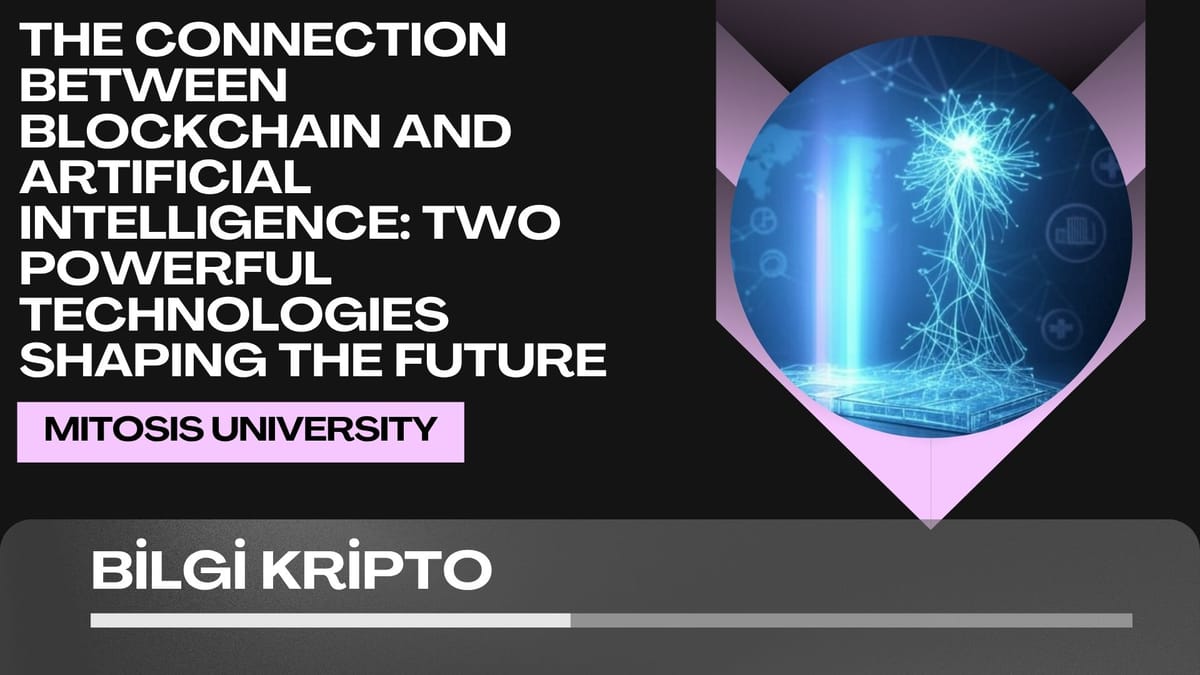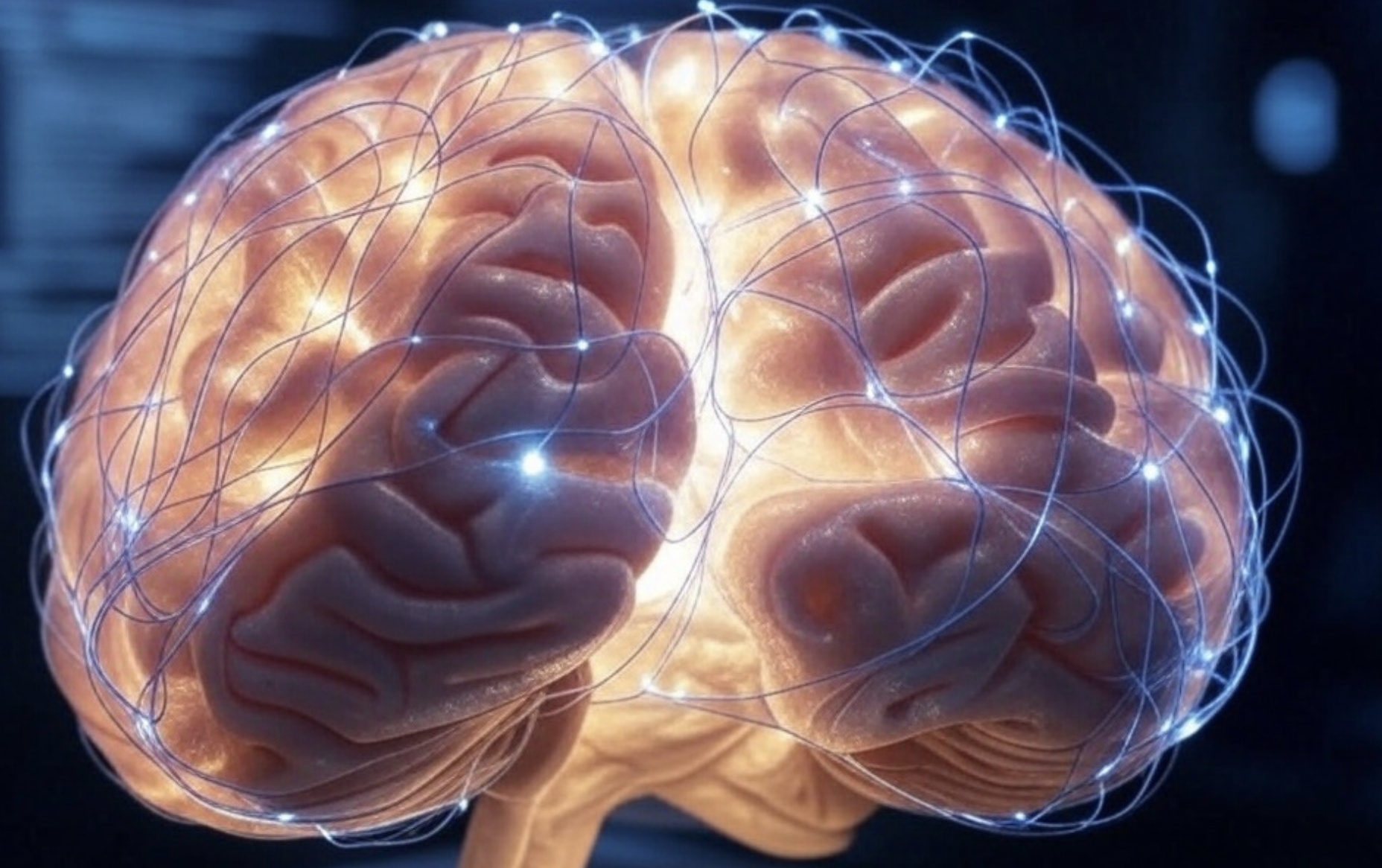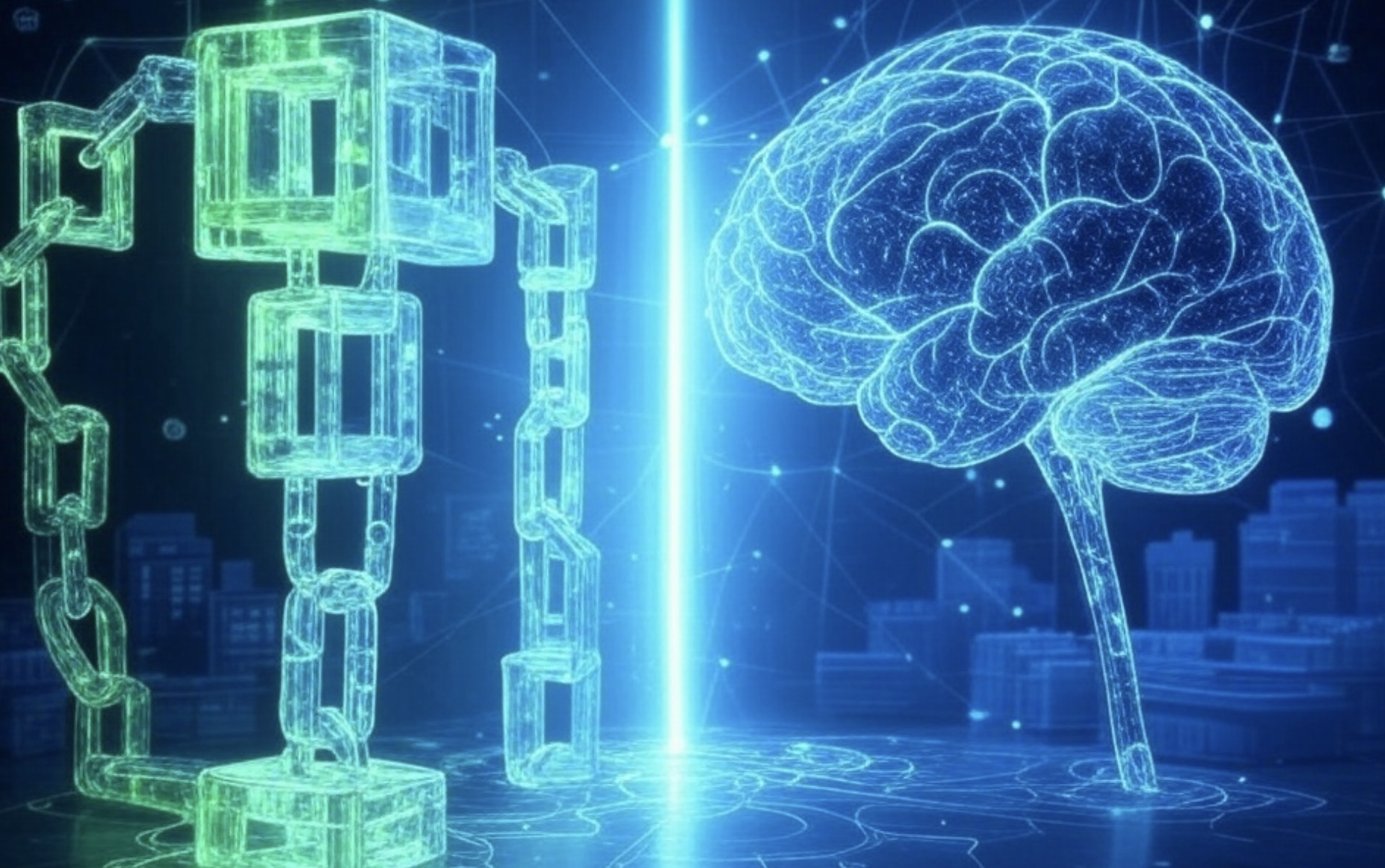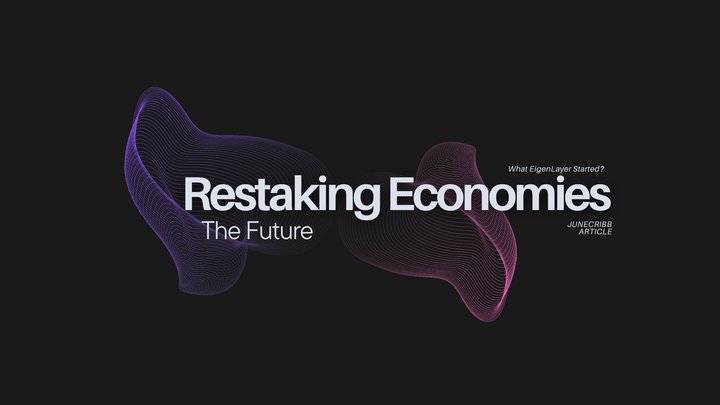The Connection Between Blockchain and Artificial Intelligence: Two Powerful Technologies Shaping the Future

In the rapidly evolving world of technology, concepts like blockchain and artificial intelligence (AI) are frequently encountered. While many have heard these terms, understanding how these two technologies come together and how they work can sometimes be challenging. Blockchain and AI together have the potential to transform many industries. In this article, we will explore the intersection of these two technologies, their use cases, and the benefits they offer when combined.
What is Blockchain?
Blockchain is a structure in which digital information is stored in a "block," with each new piece of information being securely linked to the previous block. This technology ensures that every transaction record is transparent, immutable, and secure. Each block is chained to the previous one and operates in a decentralized structure. This means it is not reliant on a single central authority but instead operates with the approval of all participants.
Blockchain guarantees data integrity, which is why it is preferred in areas such as financial transactions, supply chain traceability, and digital identity verification.
What is Artificial Intelligence?
Artificial intelligence is a branch of science that enables machines to possess human-like intelligence. AI can perform tasks such as data analysis, decision-making, and learning. For example, AI can learn patterns from large data sets and use this learning to perform tasks autonomously.
One of the most common examples of AI technology is the language processing model, ChatGPT. This model can generate human-like text based on the input it receives.

Blockchain and Artificial Intelligence: Points of Intersection
The relationship between blockchain and artificial intelligence presents an opportunity to enhance security, efficiency, transparency, and automation. When combined, these two technologies carry the potential to revolutionize many industries.
- Enhanced Security and Fraud Prevention
Blockchain's security is particularly important for financial transactions. It minimizes fraud risks by encrypting data and making every transaction traceable. AI, on the other hand, is extremely powerful at detecting anomalies. While analyzing data on the blockchain, AI can detect potential fraudulent activities at an early stage. For instance, in a financial system, AI can identify unusual transactions and ensure that these transactions are securely validated on the blockchain before processing. - Decentralized Data Storage
Artificial intelligence requires large amounts of data. Blockchain allows for this data to be stored securely and transparently. For example, in sensitive areas like the healthcare sector, blockchain ensures that data is stored without alterations, while AI analyzes this data to provide accurate health predictions. - Supply Chain Management
Blockchain offers the ability to track the journey of each product in the supply chain. AI analyzes the data gathered from these processes and predicts future trends. A manufacturing company can track potential disruptions in the supply chain using blockchain and improve its supply chain efficiency by analyzing this data with AI. This saves time and reduces costs. - Smart Contracts and Automation
Smart contracts are digital agreements on the blockchain that automatically execute when a set condition is met. Artificial intelligence can make these contracts smarter. For instance, an AI algorithm can analyze incoming data to verify whether the conditions of the contract have been fulfilled. This allows transactions to be executed more quickly and efficiently by combining both technologies.

Blockchain and Artificial Intelligence: Benefits
- Enhanced Security: The combination of blockchain and AI improves data security and makes systems more resistant to malicious attacks.
- Increased Efficiency: The transparent structure of blockchain, combined with AI's ability to process data quickly, leads to significant efficiency improvements in business processes.
- Personalized Experiences: AI can analyze user behavior to offer personalized services, and blockchain ensures that these services are delivered securely and transparently.
Blockchain and Artificial Intelligence: Potential Challenges
- Bias in AI Algorithms: AI systems learn from data. However, if the training data is biased, AI algorithms can produce biased results. This can lead to incorrect decisions.
- Integration Challenges: Combining blockchain and AI can be technically challenging. Integrating both technologies requires advanced technical knowledge and careful planning.
- Regulatory Issues: Both blockchain and AI are still emerging technologies, and they are not yet fully regulated by governing bodies. Therefore, regulatory issues and data privacy concerns may arise.
Conclusion
The relationship between blockchain and artificial intelligence holds immense potential through the fusion of these two powerful technologies. This collaboration can create a more secure, efficient, and transparent digital economy. However, the potential challenges in integrating and utilizing both technologies should be considered. Nevertheless, the synergy between blockchain and AI could lead to revolutionary innovations for many industries in the years to come


Comments ()